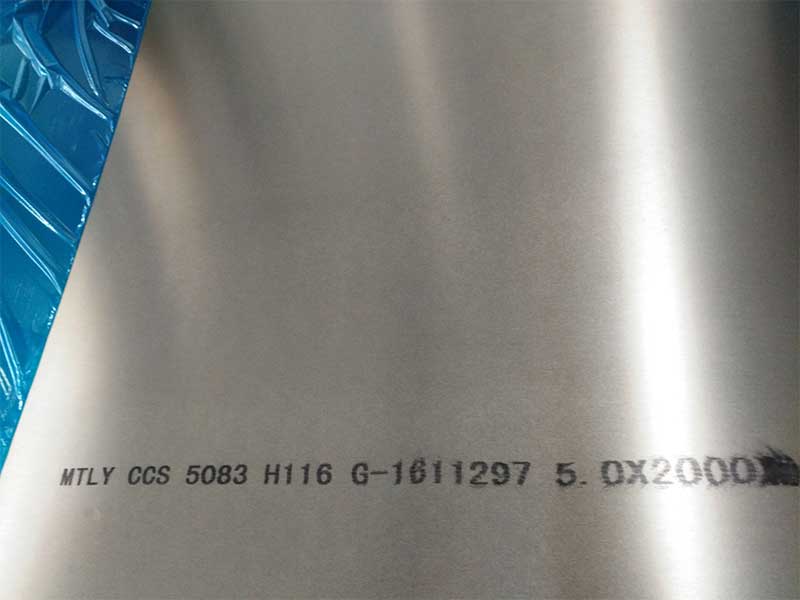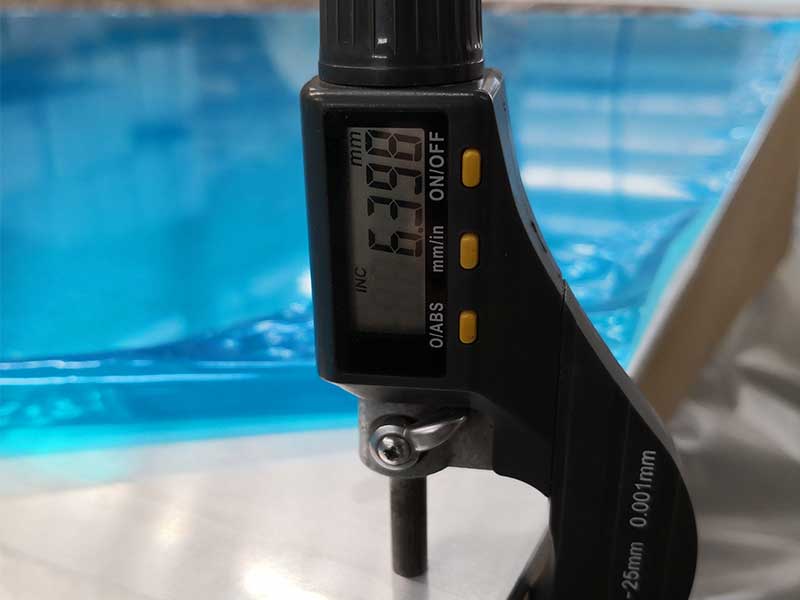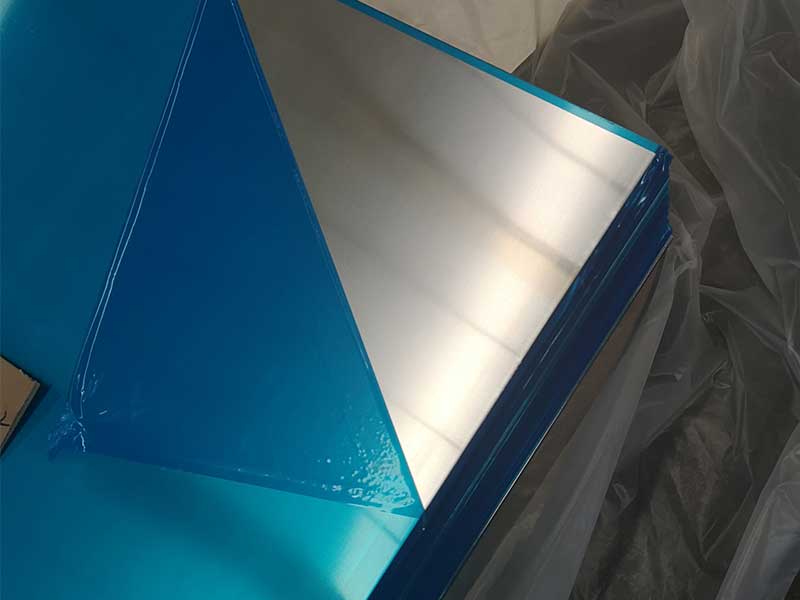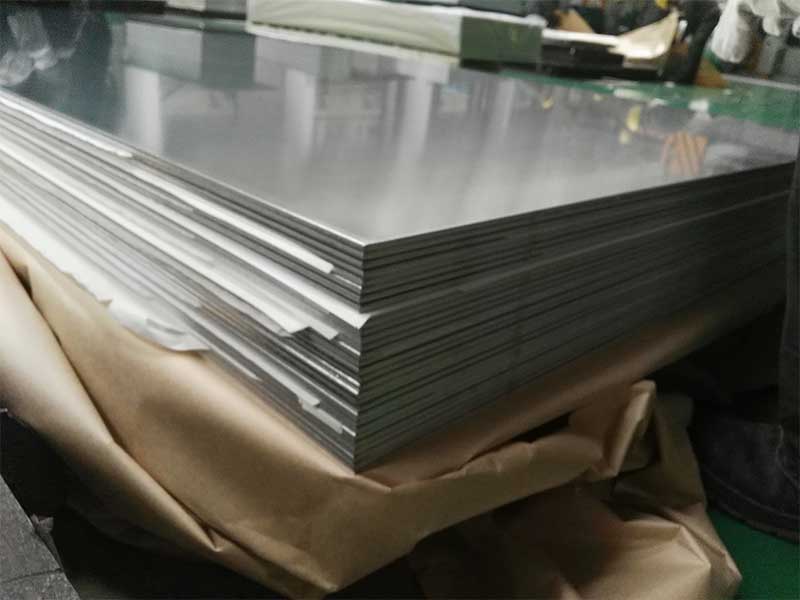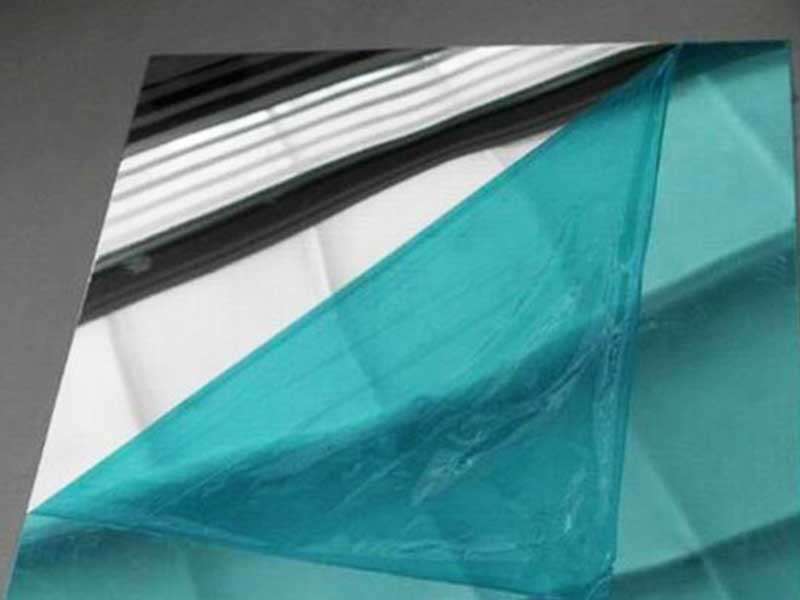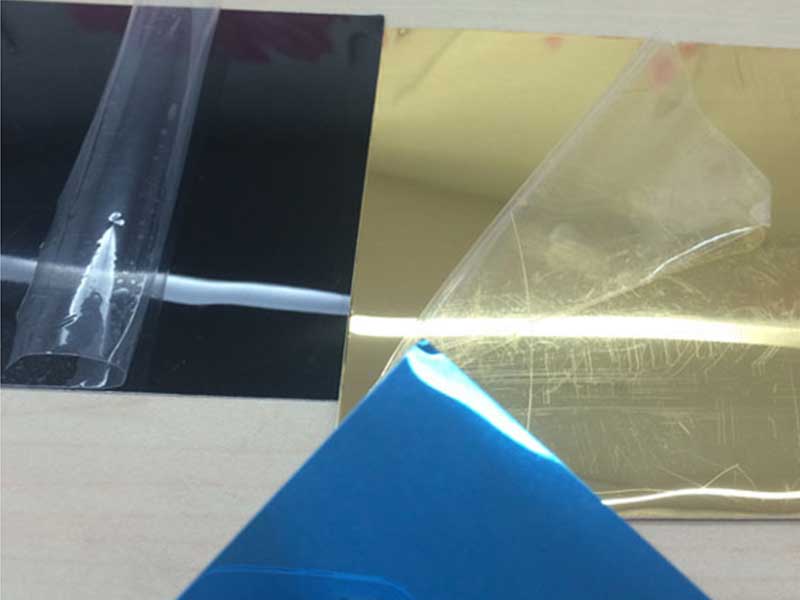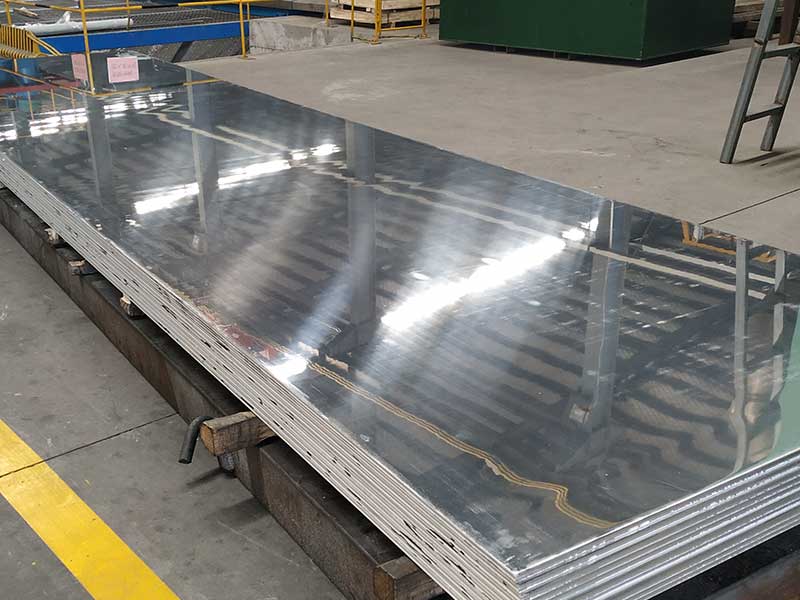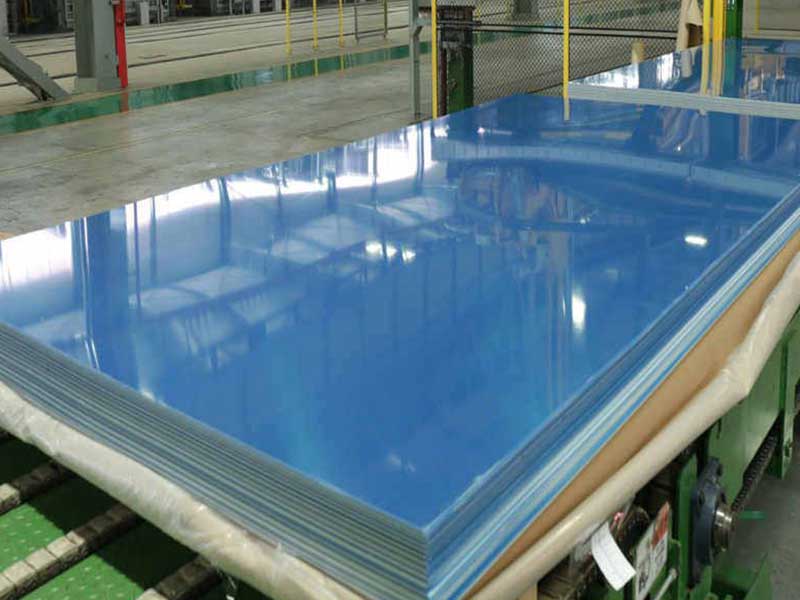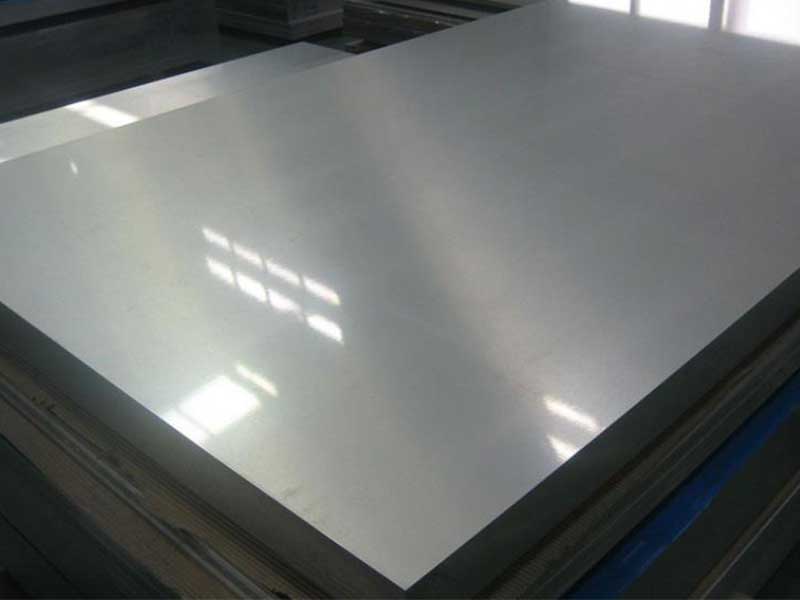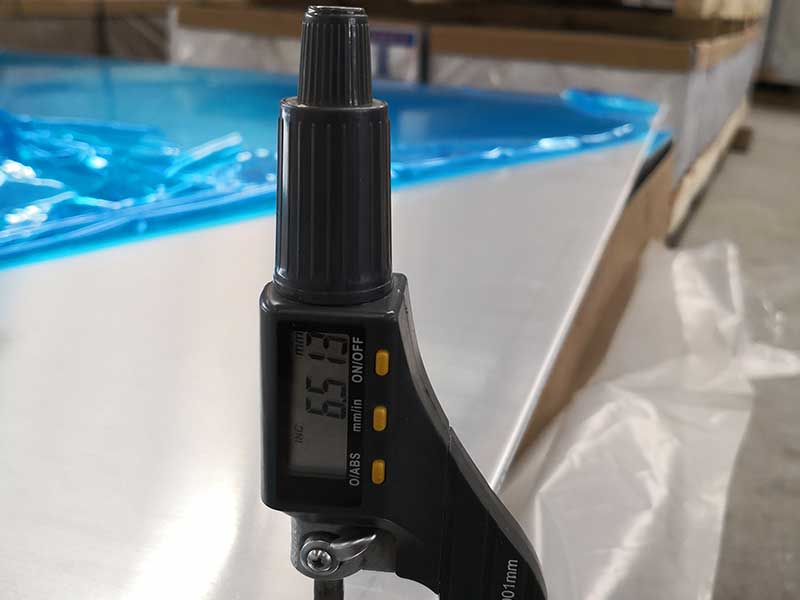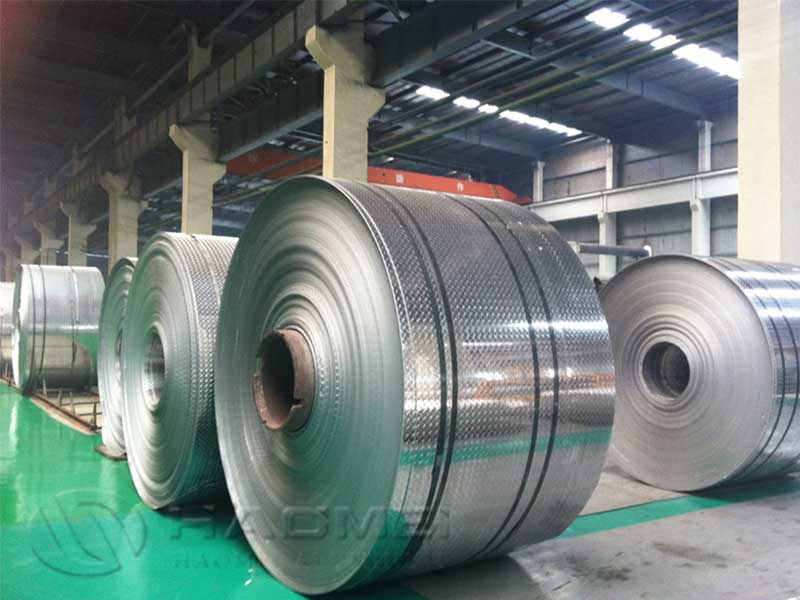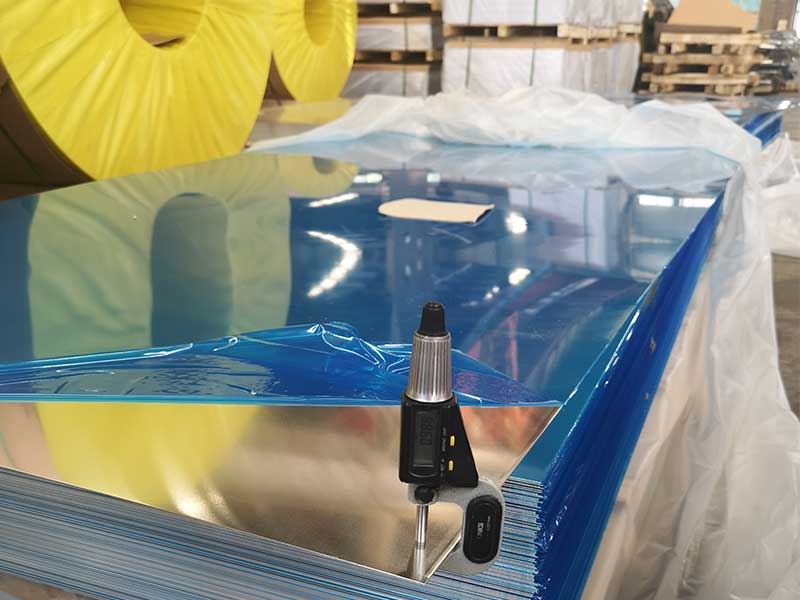2025-03-10 https://www.aluminum-coils.com/a/cast-tooling-aluminum-plate.html
When considering the multitude of materials available for the manufacturing industry, cast tooling aluminum plates remain at the forefront for their unique properties, unwavering strength, and versatility.
The Base Technical Dynamics of Cast Tooling Aluminum Plates
At the heart of the cast tooling aluminum plate's rise to prominence is its engineering advantage. These aluminum plates are primarily made through the die-casting or chill casting process, allowing for high-density creation with limited porosity. Strengthened through heat treatment, they have high machinability characteristics making them suitable for various applications.
One important factor in selecting a cast tooling aluminum plate is its alloy composition, primarily involving AL6061, AL6063, and AL5083. Each of these alloys brings unique mechanical properties to the table—increasing longevity, resistance, or ductility—effectively catering to a multitude of industrial requirements. With high elastic modulus up to 70 GPa and excellent thermal conductivity, cast tooling aluminum plates not only preserve dimensions during machining processes but also withstand substantial thermal shocks, a significant demanding characteristic in product manufacturing.
Functional Attributes
-
Precision in Manufacturing: One of the standout features of cast tooling aluminum plates is their precision in dimensional stability, which provides a guaranteed avenue for excellent product tolerances—even for the intricate designs and weights products may demand.
-
Weight Advantages: Compared to its steel counterparts, the lightweight nature of cast aluminum reduces energy expended during handling and transportation within manufacturing operations. This lightweight quality drastically influences logistical expenditures, particularly in aerospace and automotive construction where reducing curb weight equates to fuel efficiencies.
-
Thermal Management: Their thermal conductive attributes make tooling aluminum platings ideal for thermal mass applications, allowing for imminent responses to weak heat penetrations and making them a legitimate choice for applications requiring stringent temperature stability.
-
Enhanced Lifetime Performance: Resistant against corrosion owing to their natural oxide layer, durability shoots up for cast tooling aluminum plates tailored specifically to manage exposure to humidity or corrosive environments. This enhances the application life span, preventing paralysis delays associated with tooling downtime.
Broadening Applications Across Industries
-
Aerospace & Automotive: As industries embrace lightweight components, aluminum plates find favor for machined aerospace components, integration of tooling used in molds for high-pressure die casting for radiator parts or intricate engine fixtures.
-
Electronics: Thermal management proficiency leads to aluminum tooling being integral to electronic apparatus assemblies, preventing overheating and supporting burn-in testing.
-
Composite Materials: The strong substrate nature presents several options for combining aluminum tooling plates that function effectively within composite fiber arrays, especially for the automotive manufacturing lineage.
-
Custom Tooling: The hand-in-hand synergy between tool%, the quality and performance spectrum accentuates applications in tailored platforms, ensuring maximum results tailored through specific client projects for proprietary mold-making scenarios.

